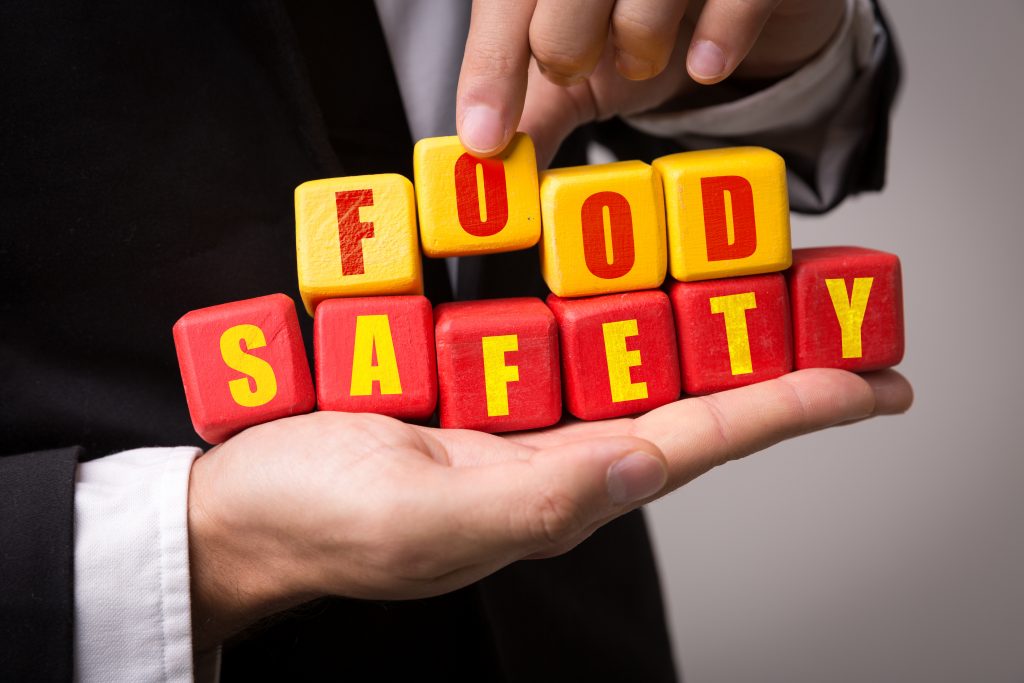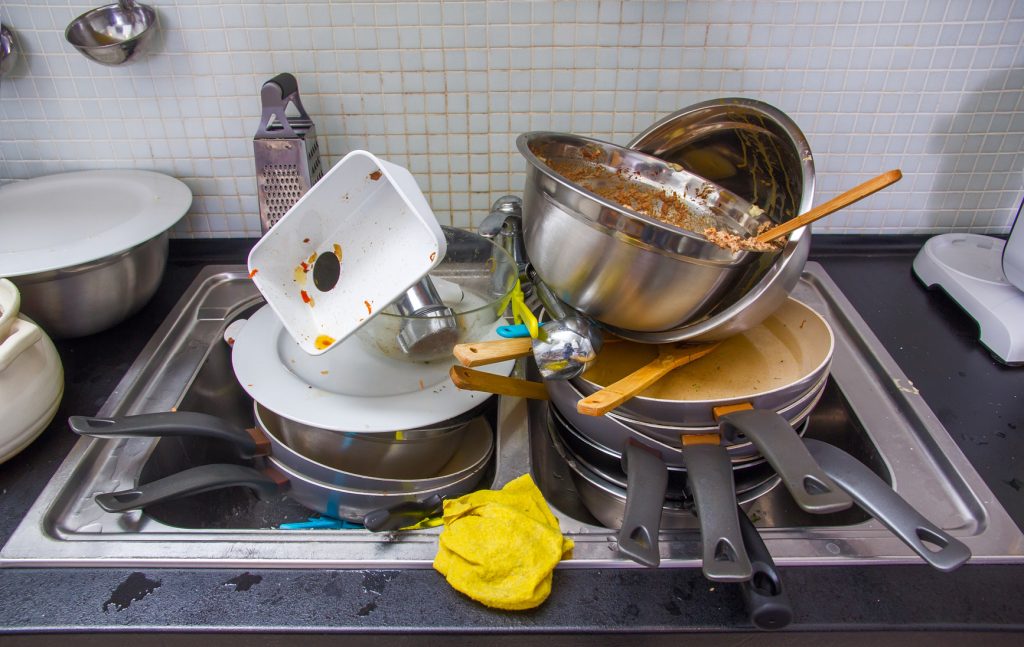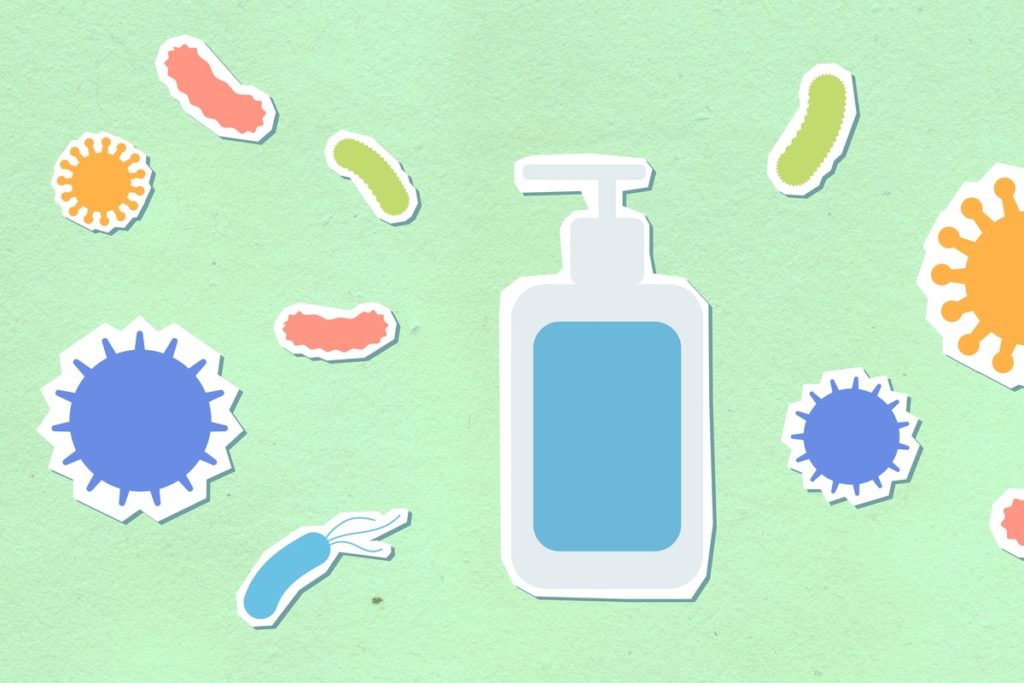Mastering the ‘Clean As You Go’ Policy
The ‘clean as you go’ policy is standard working practice in the food industry. It is one of the simplest, most reliable methods of meeting the food hygiene standards required by the Environmental Health Office (EHO). What Is ‘Clean As You Go’? ‘Clean as you go’ is a policy of responding to the cleaning needs…
Read MorePreparing For The EHO Visit: A Checklist
What does an EHO Visit consist of? If you prepare food for public consumption, you will eventually be visited by the Environmental Health Officer. The It is a legal requirement that they visit. As a food provider, you are legislatively bound to accommodate their visit and give them access to your premises. However, preparing for…
Read MoreThe Food Hygiene Rating Scheme Guide
If you handle or prepare food in work, you should know about the food hygiene rating scheme. Every eligible business in England, Wales and Northern Ireland must have a rating. It is an indication of how the local Environmental Health Officer (EHO) has graded your premises, according to the national food safety standards. It is…
Read MoreTypes of Food Hazard: What You Need to Know!
There is somewhat of a ‘not-so-fantastic-four’ of types of food hazard, which you should come to know almost instinctively. These groups cover all of the common and most of the uncommon food dangers that you may encounter within the kitchen. Chemical Hazards Obviously, the chemical agents with which we clean the kitchen are not for…
Read MoreWhat Can An Environmental Health Officer Do?
When the EHO comes calling, you can be sure that the visit is serious. The government created this agency to ensure that you meet your legal requirements for food hygiene training. So, what can an Environmental Health Officer do? In short, the EHO has the power to fine, prosecute and potentially condemn you and your…
Read MoreIntegrating Allergen Awareness into Your Food Hygiene
As Early Years professionals, you will be very aware of the need for allergy awareness in your workplace. When we designed our food hygiene certificate course we made sure that we included plenty of information on the allergen groups specifically for the Early Years sector. Sometimes, as I did recently, you overhear things that make…
Read MoreWhy Kitchen Workwear is Vital to Good Food Hygiene
Kitchen workwear is not the most fashionable clothing. We doubt many kitchen workers head out on a Saturday night in their checks and whites. However, it is an important part of food hygiene and the right clothes should be worn if you want to abide by the legal requirements. It isn’t absolutely necessary to wear a…
Read MoreStreet Food Hygiene: 5 Common Problems for Traders
There are a startling number of street traders in the UK. Every festival, high street, farmer’s market and shopping centre seems to have a stall, van or kiosk selling anything from sandwiches to sushi. It’s a multi-million pound industry which employs people from all cultures. Of course, street traders can fall victim to the same…
Read MoreHidden Bacteria: 5 Kitchen Areas with Unseen Bacterial Growth
Areas of food preparation must also be areas of flawless food hygiene practice. Food businesses have a legal requirement to meet the national standards for food safety. Often, staff properly maintain and clean the obvious kitchen surfaces. However, it is often in unexpected areas where hidden bacteria thrive and can create serious and even life-threatening…
Read MoreFood Safety Myths: 5 Commonly Mishandled Foods
You should scientifically manage your food hygiene in any kitchen or food preparation area. Often, people who take food hygiene training find that they have taken a word-of-mouth or ‘grapevine’ approach to food safety. However, legal requirements for food hygiene are based on evidenced science, so your methods should be too. Here are 5 common…
Read More









